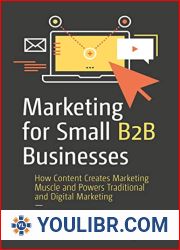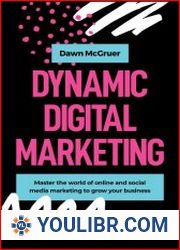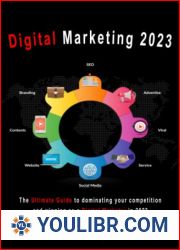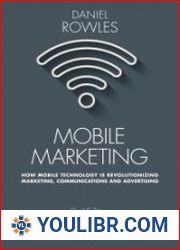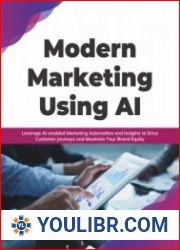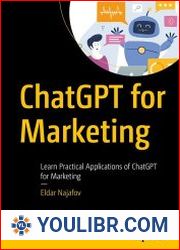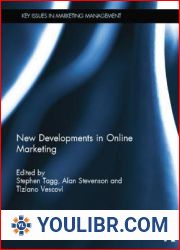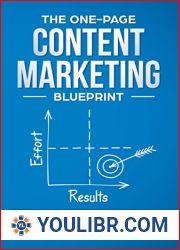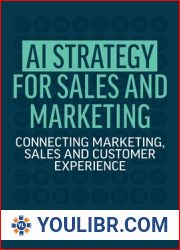
BOOKS - AI In Digital Marketing


US $9.74

429193

429193
AI In Digital Marketing
Author: Maria Johnsen
Year: 2024
Number of pages: 539
Format: PDF | EPUB
File size: 10.1 MB
Language: ENG
Year: 2024
Number of pages: 539
Format: PDF | EPUB
File size: 10.1 MB
Language: ENG
This book presents a comprehensive and innovative exploration of the role of Artificial Intelligence (AI) in the digital marketing arena. It begins with historical context and fundamental AI principles, and subsequently, details AI's applications across a spectrum of areas, including data analytics, content creation, customer targeting, Search Engine Optimization (SEO), Pay Per Click (PPC) advertising, Social Media Marketing (SMM), and Email Marketing. A distinctive feature lies in the author's extensive real-world experience, providing many useful business applications of AI. The book is designed for marketing professionals, business executives, educators, and students, and offers numerous examples and case studies. Machine Learning and Deep Learning represent two of the most captivating and transformative domains within contemporary technology. Over the past decade, these fields have undergone rapid and profound development, exerting a profound influence across various industries and fundamentally altering our approach to intricate problem-solving. In this chapter, we will delve into the fundamental principles, methodologies, and practical applications that underpin these disciplines. Furthermore, we will scrutinize the salient disparities between them and explore their consequential real-world ramifications. Machine Learning algorithms constitute mathematical models and techniques designed to assimilate knowledge from data. Prominent Machine Learning algorithms include linear regression, decision trees, support vector machines, and k-nearest neighbors. Machine Learning models acquire knowledge through exposure to substantial volumes of labeled data. During the training process, the model adapts its internal parameters to minimize the disparities between its predictions and the actual data. Developing custom Machine Learning models is an option for businesses that want to create highly tailored customer profiles. Python libraries like Scikit-learn and TensorFlow are often used for this purpose.







